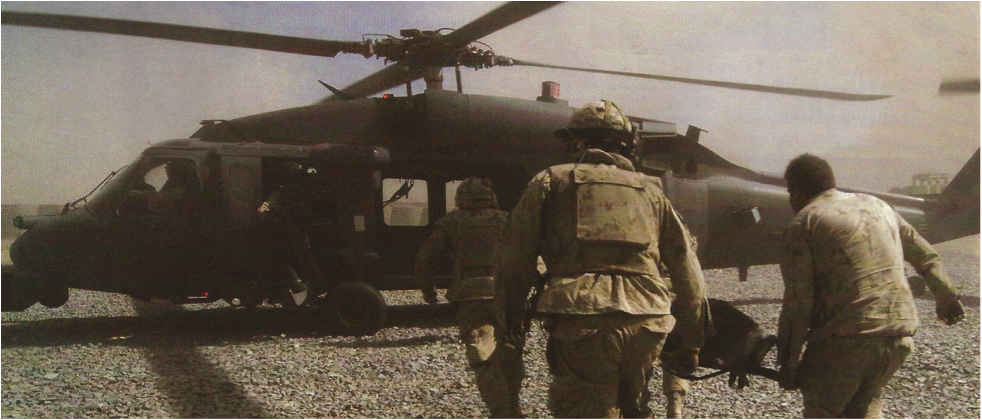
Afghanistan and the Polls: Change the Question – Change the Numbers
Quick media conclusions on polls released regarding Canadian participation in the Afghanistan mission are flawed. Part of the difficulty in interpreting the polls lies in the fact that the two principal polling firms involved with the longest databases use very different questions in their polls. Strategic Counsel, which is the pollster of choice for CTVGlobeMedia, asked its respondents: “Overall, do you strongly support, support, oppose or strongly oppose the decision to send Canadian troops to Afghanistan?” Ipsos-Reid, which is the pollster of choice for the Canwest News and Global Television network used a very different question: “Do you strongly support, somewhat support, somewhat oppose, or strongly oppose the use of Canada’s troops for security and combat efforts against the Taliban and Al Qaeda in Afghanistan? “And the different questions produced quite different results.
Over the period from March 2006 to July 2007 Strategic Counsel conducted eleven polls. The average “Support” level reported was 41.1%, with support in Quebec, at 27.6%, running well behind that in the Rest of Canada at 45.4%.
Good evidence for the Doom and Gloom Headlines, maybe?
Maybe not.
The ten Ipsos-Reid polls over essentially the same period (March 2006 to August 2007) showed an average “Support” level running at 51.5%–some ten points higher than the parallel Strategic Counsel polls, and with “Support” in Quebec at 36.5%–some 8.9 points higher than the Strategic Counsel number of 27.6%, and at 57.5% in the Rest of Canada—some 12.1 points higher than the Strategic Counsel number of 45.4%.
Interestingly, Ipsos-Reid also did a series of tracking polls (polls which ask the same question at periodic intervals so that opinion movement over time can be tracked) under contract for DND over the period from Sept 19-21, 2006 to Mar 20-22, 2007, which showed clearly how changes in the specific wording of a question can produce sharply different results.
The baseline, plain vanilla, question was “Overall, would you say that you strongly support, somewhat support, somewhat oppose, or strongly oppose Canada’s activities in Afghanistan?”
That question got an average support level of 51%, with 19.4% of respondents “Strongly Supporting,” and 31.6% “Somewhat Supporting” the mission. Those opposed amounted to 45.8%, with 21.8% “Strongly Opposed,” and 24% “Somewhat Opposed” to the mission.
The Quebec numbers were less supportive than those in the “Rest of Canada”, with an average support level of 33.2%, with 7.4% “Strongly Supporting” the mission, and 25.8% “Somewhat Supporting” the mission, for a total opposition level of 64.2%.
Change the question to include a statement of purpose for the mission, however, and the results go up, in some cases dramatically.
Change the question to emphasize the combat mission, to “Would you say that you strongly support, somewhat support, somewhat oppose, or strongly oppose Canada’s military operations in Afghanistan such as helping to secure the environment for the civilian population through activities that include combat,” and the support level rises 11.8 percentage points over the “plain vanilla” question, to an average of 62.8%.
Change the question to emphasize the diplomatic dimension, to “Would you say that you strongly support, somewhat support, somewhat oppose, or strongly oppose Canada’s diplomatic work in Afghanistan, such as helping the Afghan people re-build government institutions,” and the average support level soars 29.6 percentage points over the “plain vanilla” results to 80.6%.
Change the question to emphasize the development mission, to “Would you say that you strongly support, somewhat support, somewhat oppose, or strongly oppose. Canada’s development and reconstruction efforts in Afghanistan, such as helping to train teachers, build health clinics, and clear landmines” and the average support level climbs further to 85.4%, 34.4 percentage points above the “plain vanilla” level.
So—what can we conclude from the way that differences in question wording can drive the numbers?
We can probably conclude that those Canadians who are opposed to the Afghanistan mission will, no doubt, find comfort in the Strategic Counsel question and results. Those who support both our troops and our mission, will take comfort in the robust wording of the Ipsos-Reid question, which leaves no doubt whatsoever that we are speaking of the role of the Canadian Forces in Afghanistan as one which is to help “to secure the environment for the civilian population through activities that include combat.” No pussyfooting there!
By: Brian MacDonald









